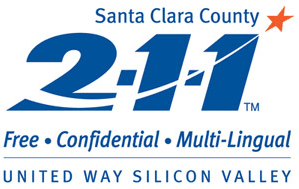Trauma and PTSD (Post-Traumatic Stress Disorder) counseling is a specialized form of psychotherapy designed to help individuals who have experienced traumatic events. Trauma can result from various incidents such as accidents, natural disasters, physical or sexual assault, combat, or any life-threatening event. PTSD is a mental health condition that can develop in some individuals after experiencing or witnessing a traumatic event.
Key aspects of Trauma & PTSD Counseling include:
- Processing Traumatic Experiences: Trauma-focused counseling provides a safe and supportive space for individuals to process and make sense of their traumatic experiences. This may involve discussing and exploring the emotions, thoughts, and physical sensations associated with the trauma.
- Symptom Management: Counselors help clients manage and cope with symptoms commonly associated with trauma and PTSD, such as flashbacks, nightmares, hypervigilance, and emotional numbness. The goal is to improve daily functioning and overall well-being.
- Building Coping Skills: Individuals are taught coping skills to deal with the impact of trauma on their daily lives. This may include stress reduction techniques, mindfulness practices, and strategies to handle triggers or distressing memories.
- Re-establishing Safety: Creating a sense of safety is a crucial aspect of trauma counseling. Counselors work with clients to rebuild a sense of security and control over their lives.
- Gradual Exposure: In some cases, trauma-focused therapies may incorporate gradual exposure techniques to help individuals confront and process traumatic memories in a controlled and supportive environment.
- Individualized Treatment Plans: Trauma and PTSD counseling is tailored to the specific needs of each individual. Counselors collaborate with clients to develop personalized treatment plans that address their unique experiences and challenges.
- Specialized Techniques: Therapists may use evidence-based approaches such as Eye Movement Desensitization and Reprocessing (EMDR), Cognitive-Behavioral Therapy (CBT), or other trauma-focused modalities.
Trauma and PTSD counseling is typically provided by licensed mental health professionals who have specialized training in trauma therapy. It aims to support individuals in their healing journey, helping them regain a sense of control, reduce symptoms, and ultimately move towards recovery.



